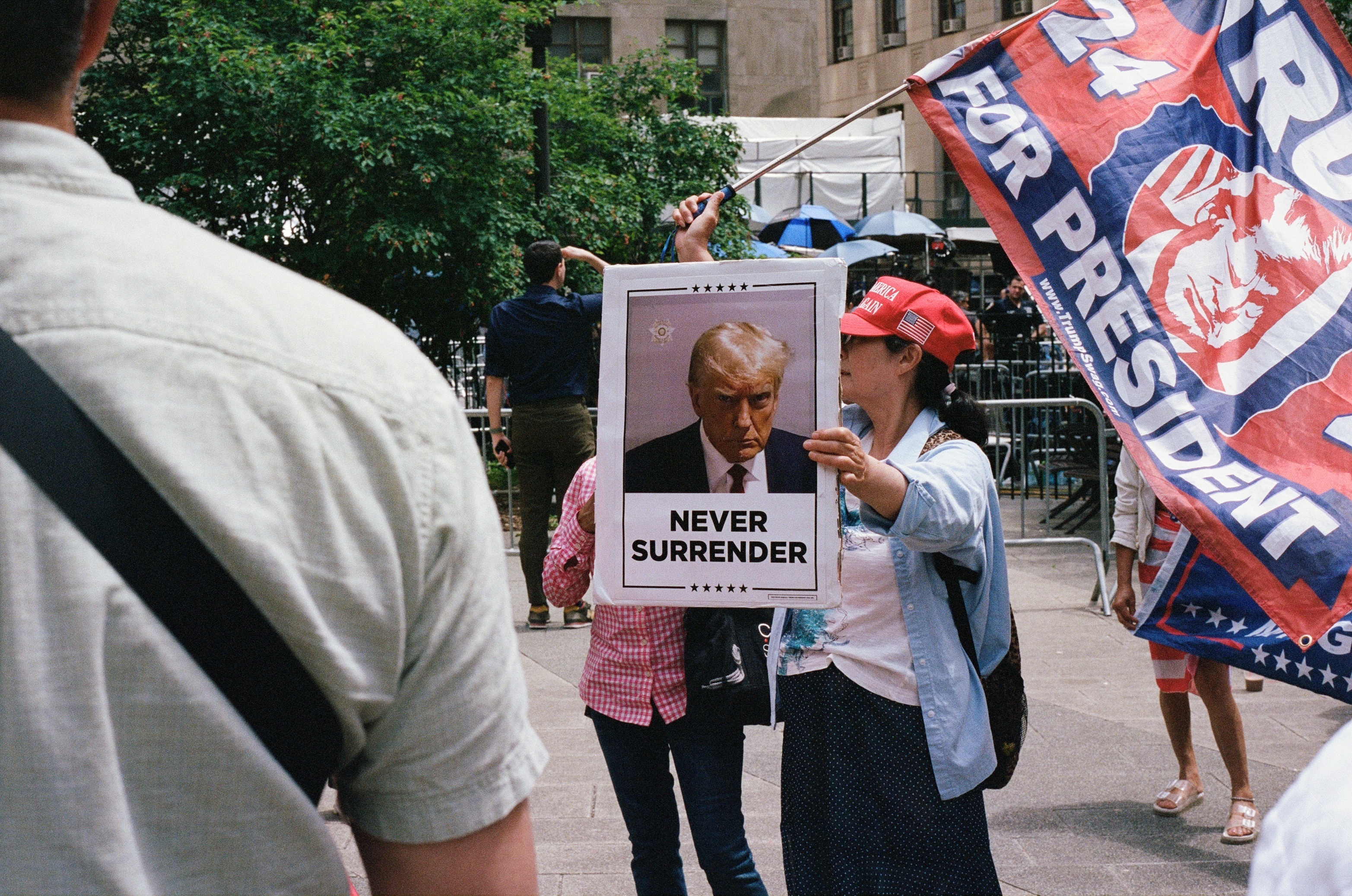On the New York Times, U.S. Aid to Egypt, and the Leahy Law
The New York Times ran an editorial yesterday disparaging the federal government’s “feckless Egypt policy.” The editorial board quoted favorably from a letter Senator Patrick Leahy had sent Secretary of State John Kerry, expressing concern first that aid to Egypt is both "backfiring" and unlawful to boot.
Published by The Lawfare Institute
in Cooperation With

The New York Times ran an editorial yesterday disparaging the federal government’s “feckless Egypt policy.” The editorial board quoted favorably from a letter Senator Patrick Leahy had sent Secretary of State John Kerry, expressing concern first that aid to Egypt is both "backfiring" and unlawful to boot. (Note: Senator Leahy’s letter is not yet public; I have relied on the Times' account of the letter's contents.) The paper gave stress to the legal issue with its headline, "The Questionable Legality of Military Aid to Egypt."
According to the Times, Senator Leahy asked Secretary Kerry if the United States government was supplying aid to Egyptian military and law enforcement units that committed human rights abuses. The Senator here referred to legislation he had sponsored in the 1990s, nowadays known (unsurprisingly enough) as the Leahy Law. So far as concerns funds adminstered by the State Department (the Defense Department has its own program and rules), the statute prohibits the United States from providing military assistance to “any unit of the security forces of a foreign country if the Secretary of State has credible information that such a unit has committed a gross violation of human rights” (22 U.S.C. §2378d). In that regard, the Times editorial cites a State Department report to Congress noting that Egyptian security forces have “committed arbitrary or otherwise unlawful killings during the dispersal of demonstrators, of persons in custody and during military operations in the northern Sinai Peninsula.” Thus the newspaper sums up and agrees with the Senator's legal position—that “continuing to enable a despotic government by shipping over American” military equipment is “almost certainly unlawful” (empahsis added).
So far as policy goes, Senator Leahy also expressed concern that Egypt’s “ineffective and indiscriminate operations” have created more militants in the Sinai Peninsula than they killed. The Times went a little further, arguing that the Obama administration’s “continued largely unconditional support of the Egyptian government is backfiring.” In that vein, the editorial condemned the Egyptian government’s efforts to prevent investigation of human rights abuses, which may become worse now that Egypt has passed its new counterterrorism law. The latter, the Times says, “establishes new tools to stifle dissent.” The law creates a new court to hear terrorism offenses (which an earlier Lawfare piece suggested may lead to “overly-harsh sentences”) and creates a new penalty for “spreading ‘false’ reports on attacks or security operations against militants.”
Senator Leahy’s concern that Egypt’s counterterrorism strategy is self-defeating is well-taken; and there is of course something to be said for the Times’s call to attach more human rights restrictions to U.S. military aid to Egypt. But is current aid “almost certainly unlawful?"
That would require a pretty specific factual showing, as Leahy Law restrictions apply only at a “unit” level, rather than on a “country” level:
No assistance shall be furnished under this chapter or the Arms Export Control Act to any unit of the security forces of a foreign country if the Secretary of State has credible information that such unit has committed a gross violation of human rights (emphasis added).
As for what counts, Congress and the State Department both understand “unit” to refer to “the smallest operational group in the field.”
Given the legal criteria in play—and without having more specific facts in hand—it seems pretty hard to maintain that the aid in question "almost certainly" violates the Leahy Law. Even if the Secretary of State well knows that the Egyptian government commits human rights abuses generally, he also may not know which units are responsible for the atrocities in particular cases, so as to ensure that aid to the units is discontinued or blocked initially. This is not to accuse State of willful blindness or legal game-playing. The Leahy Law also requires the Secretary of State to “establish, and periodically update, procedures to” create a list of units receiving aid, facilitate the receipt of information from government agencies and NGOs, and make the whole process as transparent as possible. (A more expansive description of the procedures can be found here.) But as the Times points out, gathering this information is hard when Egypt prevents journalists, NGOs, and U.S. officials “from traveling to Sinai to investigate” human rights abuses in the first place. And the editorial is spot-on in arguing that the new counterterrorism law can only further chill reporting on such abuses. The trouble, though, is that the absence of such needed reporting can make for a hazier factual picture, which in turn stands to complicate enforcement of Leahy Law restrictions.
In the meantime, other provisions of law tend to support the provision of aid to the Egyptian government as a whole. The FY2015 budget required the State Department to cut off aid to Egypt if, at the national (rather than the unit) level, the latter failed to remedy human rights abuses and take steps to democratize (Section 7041(a)(6)). That provision, however, came with one whopper of an exception: the Secretary could ignore the restrictions if he explained in a report to Congress why “it is important to the national security interest of the United States to provide such assistance.” And for better or worse, Secretary Kerry exercised that very option in May. (Lawfare covered the legislation earlier.)
***
It is of course possible that State is not sufficiently vetting Egyptian security units that receive military assistance from the United States. And Senator Leahy’s letter may have been an effort to increase the pressure on State and others in the government to subject Egyptian units to greater scrutiny; an editorial raising the alarm will undoubtedly increase the pressure all the more, and that's a good thing for sure. But does U.S. aid clearly violate the law? Perhaps there is a violation, but it isn't an obvious one.




